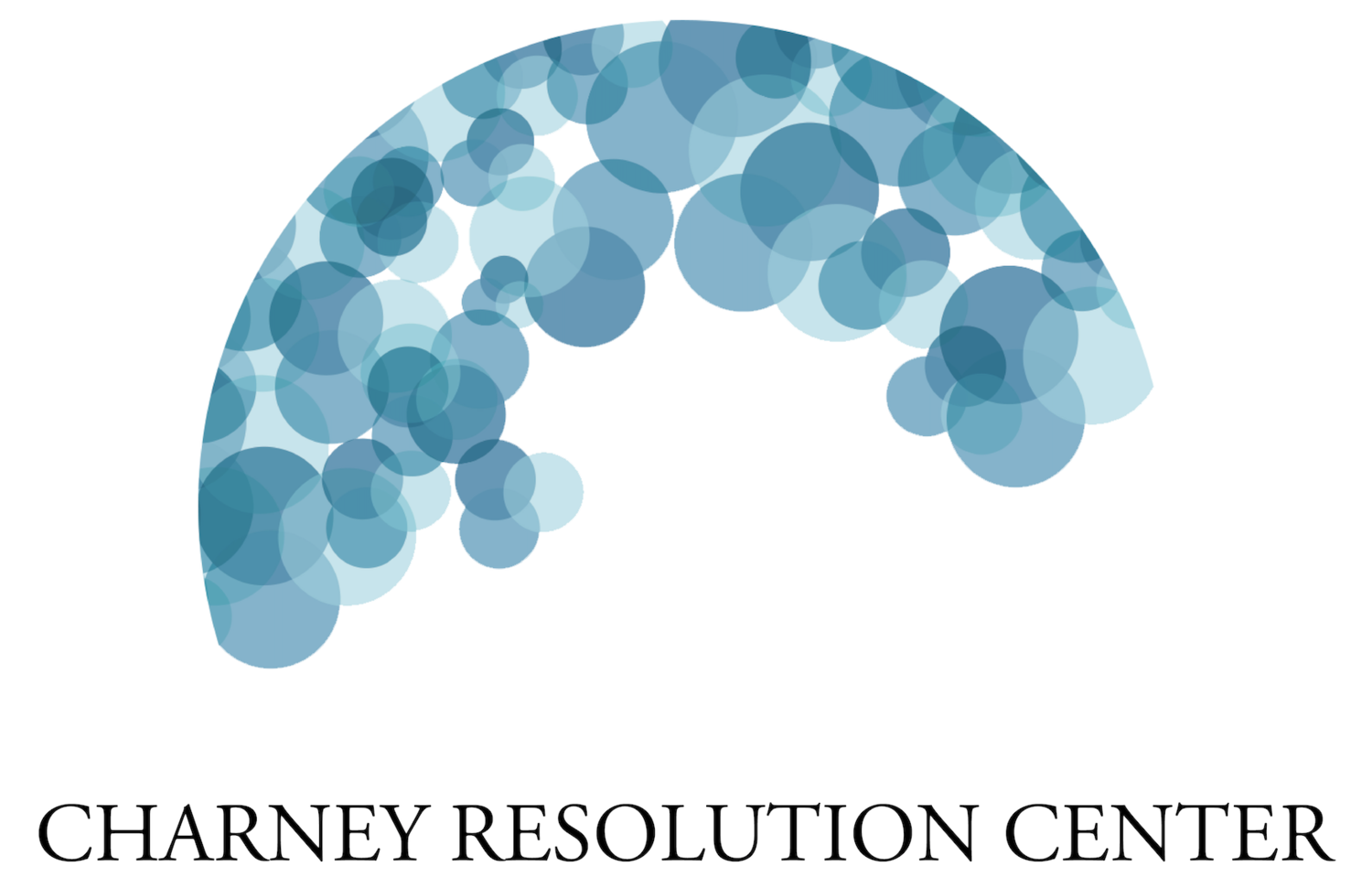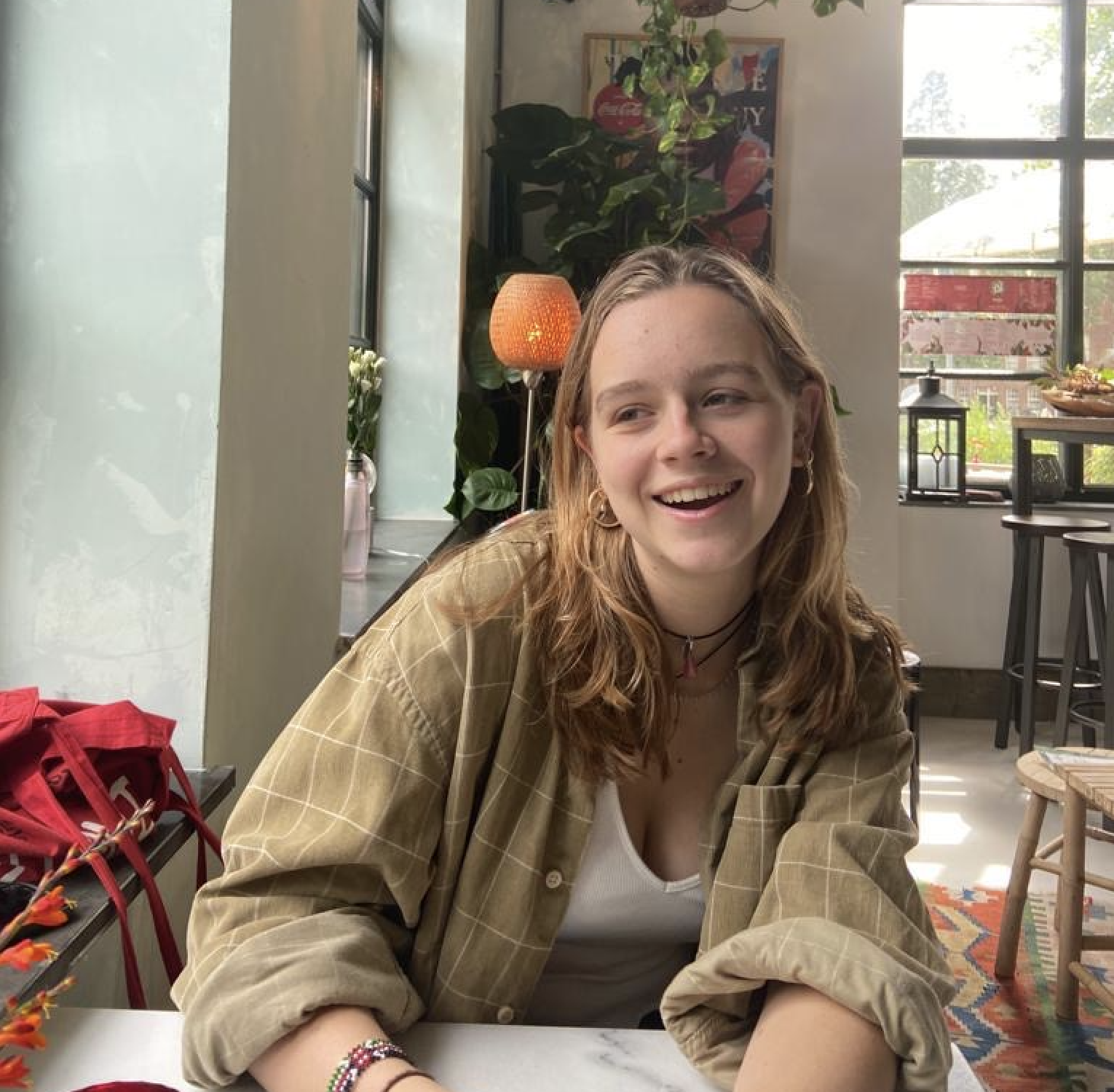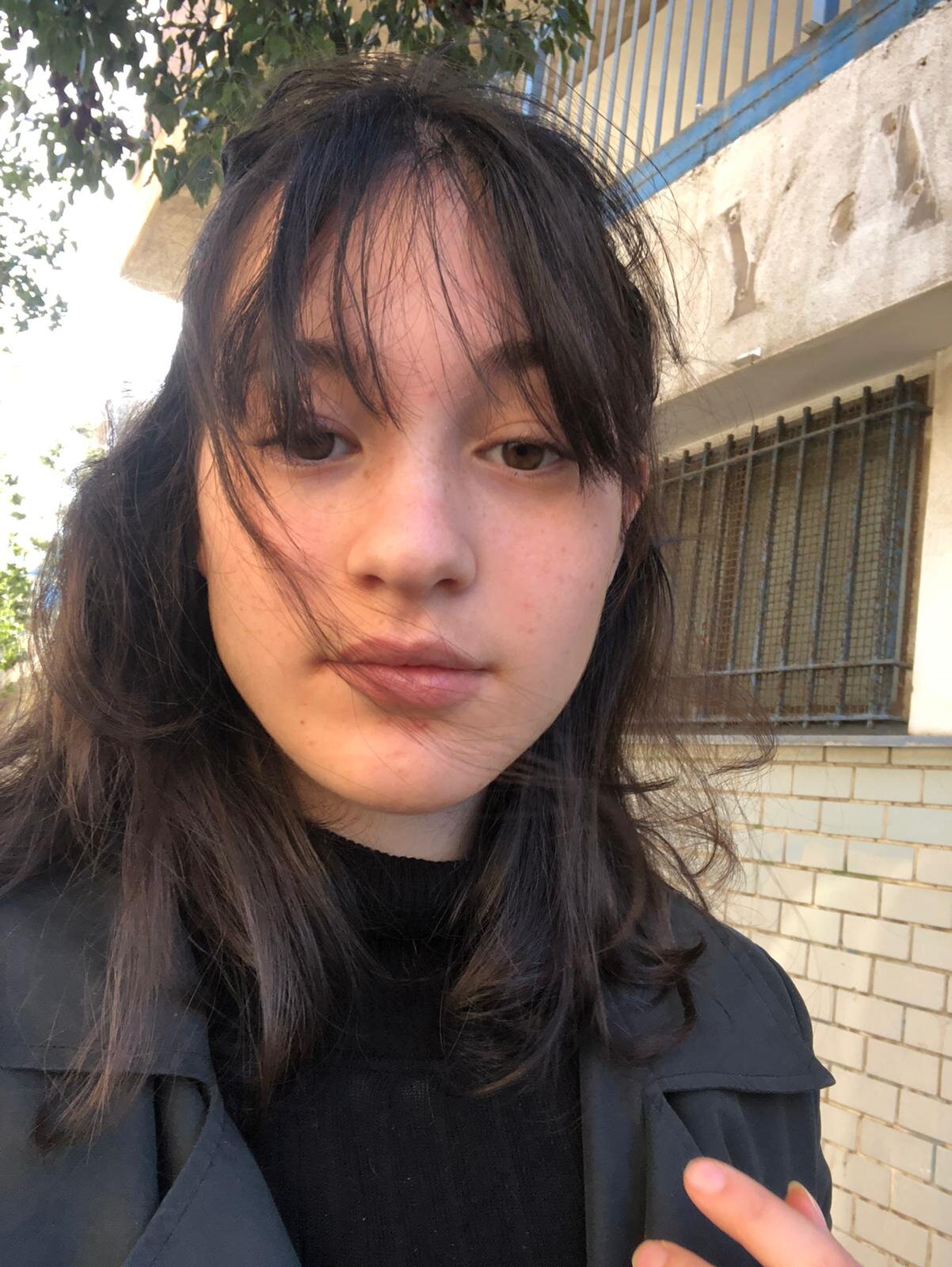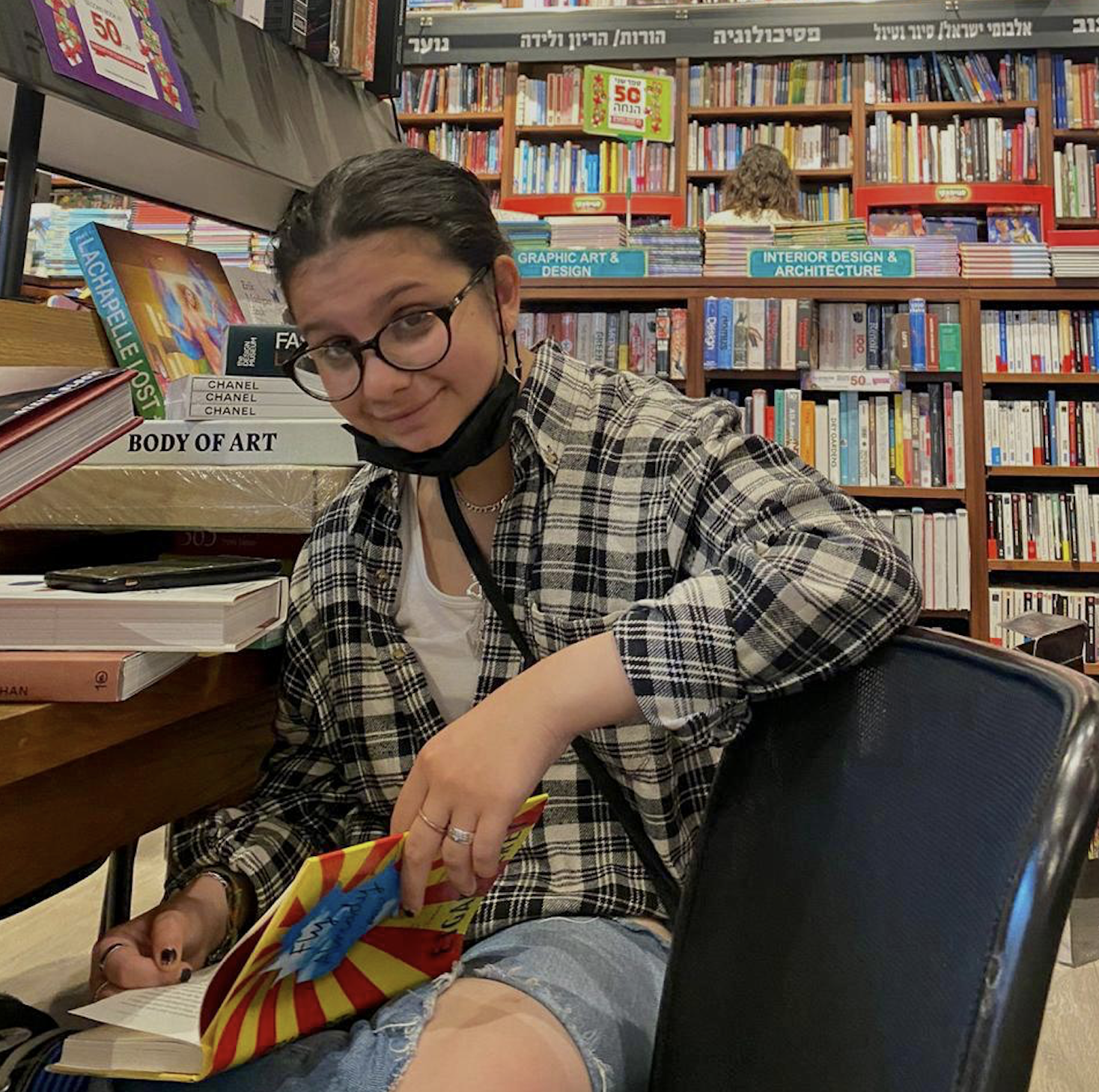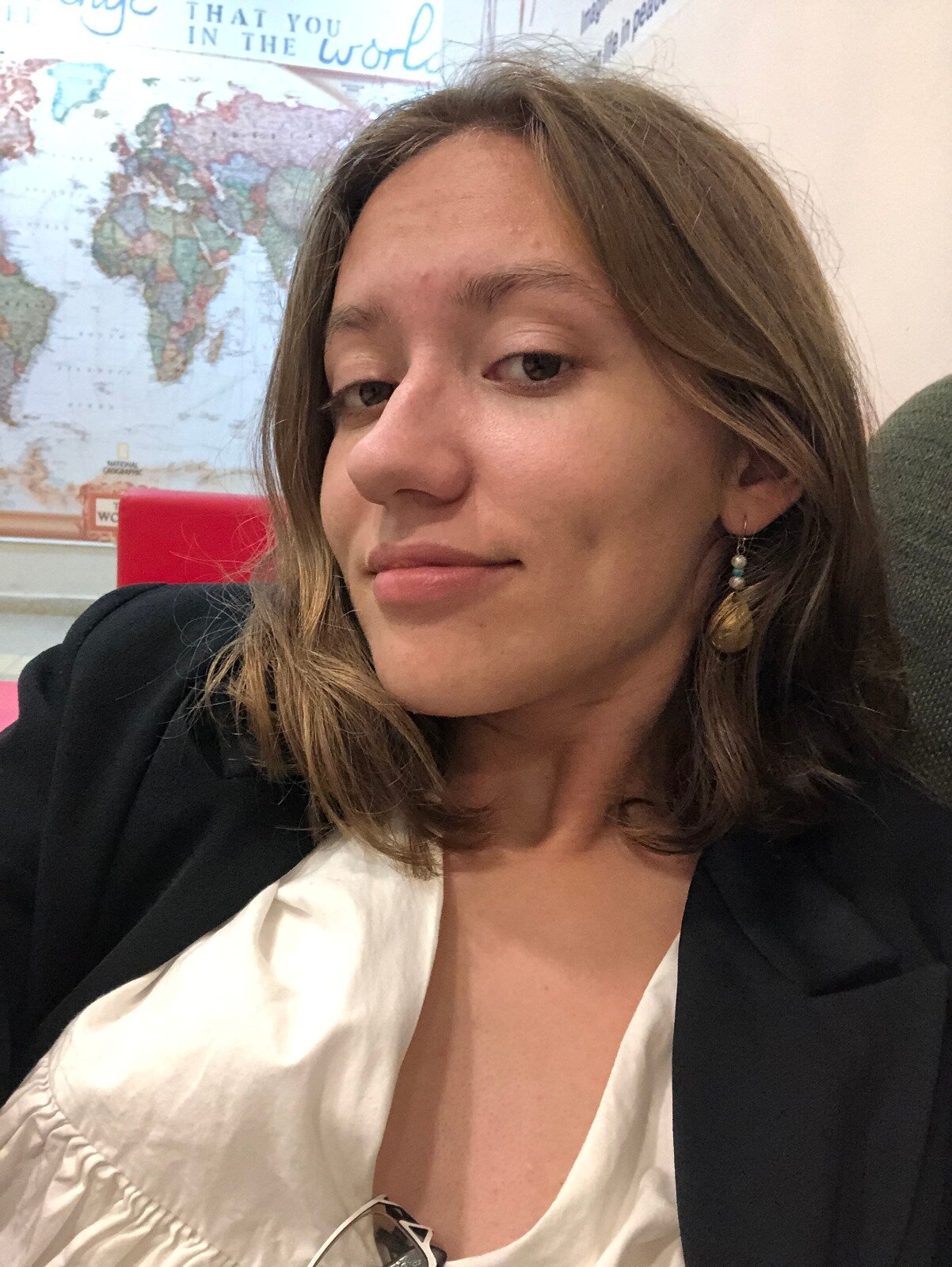This year’s peace simulation was another insightful and stimulating experience for everyone involved, not only for the students who participated, but also for those who put it together. I decided to interview Sara, Flo, Emilie and Yael, the four EMIS students that helped organize every step of the process. For me it was an honor working with them and we managed to build an efficient and supportive team-work balance.
Here are some of their thoughts regarding the experience:
As the leaders of the ‘2021 Peace Simulation’, what did you learn from this experience?
“I was exposed to the fragility of the conversation and the vigilance that we had to adopt when organising the presentations of both perspectives, as well as the simulation itself.”
Flo, Netherlands
By leading this project I understood its main purpose, which is not to hand feed the students a “correct” or “peaceful” sentiment, but to truly create an environment that allows them to make their own judgements and construct their own views on the conflict
Yael, Israel
As an Israeli/Palestinian, how was it leading this project? Did you feel any pressure or encounter any difficulty in terms of how to portray your nationality in the framework of this peace simulation?
“Regardless of my own opinions and personal views, I felt, as the only Israeli on the team, an obligation to represent the Israeli point of view in the peace simulation. I didn’t want anyone in the EMIS community to feel underrepresented and knew it was my responsibility to create a place for the various Israeli voices. It was not an easy task especially when it came to moments in which I needed to accommodate values that were not my own, but ultimately my wish for the simulation to be as objective as possible.”
Yael, Israel
“Whilst leading this project, I found myself repeatedly questioning whether or not I was designing the simulation in a way in which the conflict is normalized. Normalization, which is the dismissal of the power imbalances and oppression the Palestinian people are subjected to, is perpetuated occasionally when designing frameworks similar to that of the peace simulation. Hence, this challenge was a reoccurring one for me which I believe was eventually overcome with the help of our team’s meticulous attentiveness to issues of normalization and polarization. Almost every layer of the Israeli-Palestinian Conflict was given the adequate level of significance in order to provide a realistic understanding of the conflict.”
Emilie, Palestine
As an international, how was it to organize peace negotiations regarding a conflict that does not affect you directly?
Although the conflict does not affect me directly and I am therefore, naturally, detached from the conflict, I believe that being an international in the organisation, I also had the responsibility to ensure that both sides were represented equally. The fact that the conflict never directly affected me throughout my life gave me the space to guarantee respect, while also bringing in tools for communication between both sides.
Flo, Netherlands
“Not having the same emotional connection and trauma as locals do, I always felt the need to question my actions and ideas for the simulation to make sure that I was doing something meaningful and not just imposing, as an outsider, something upon the students. At the same time, the international perspective can also be a strength. The lack of emotional involvement can allow third party actors to act as mediators between the sides in conflict, because we are able to see things from both perspectives, while also assessing them more critically.
Additionally, although third parties cannot fully understand the experiences of the parties involved in a conflict, I believe they are still able to empathize with them. After all, conflict – and peace negotiation - is not unique to just one area in the world. Outsiders can bring in their own experiences with conflict and can help propose new approaches or solutions that they have seen work elsewhere. That is a very valuable perspective in peace negotiations, especially those that have been stuck in a stalemate for a long time.”
Sara, Czech Republic
